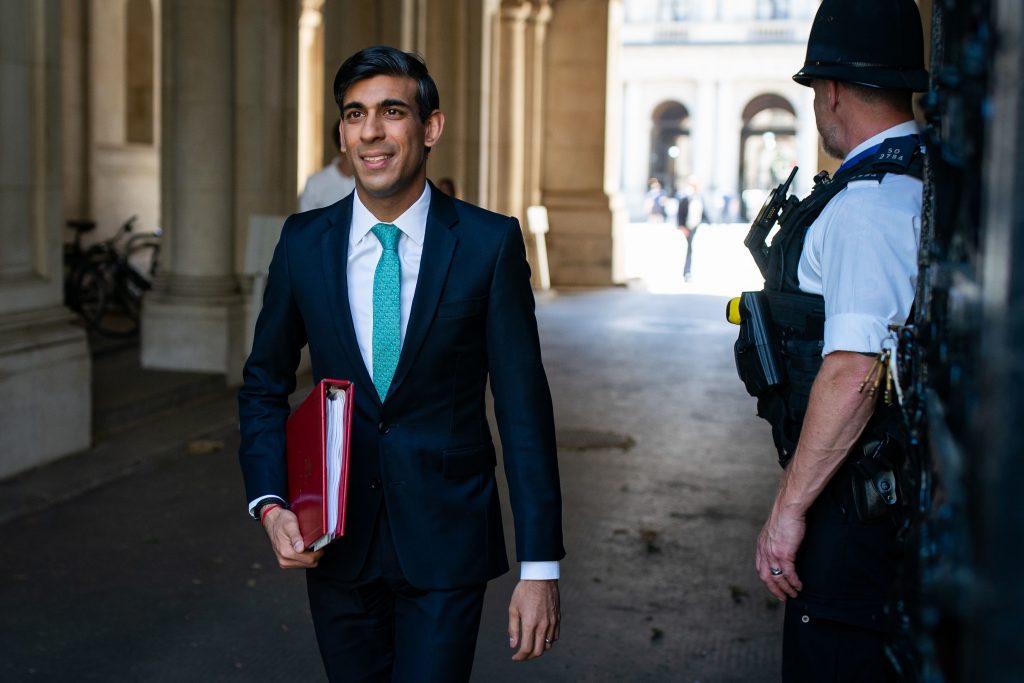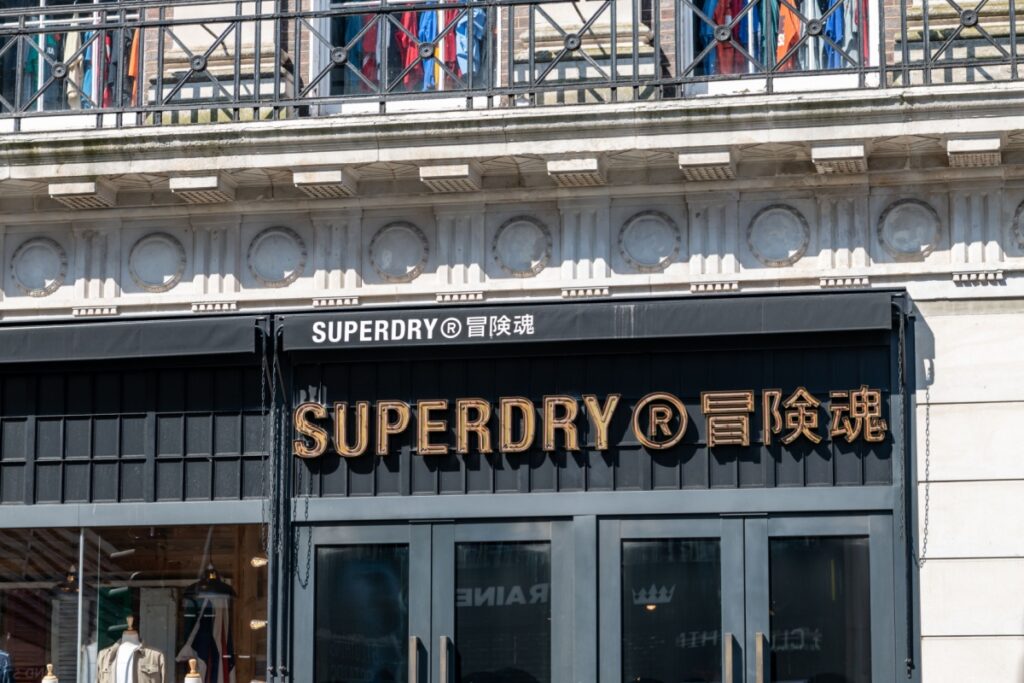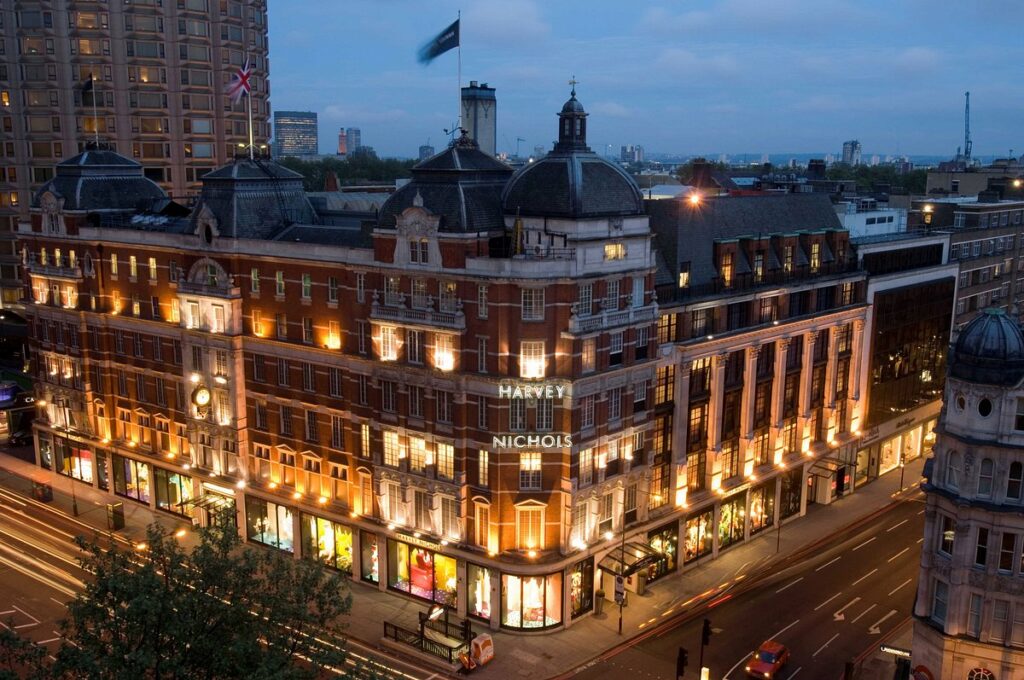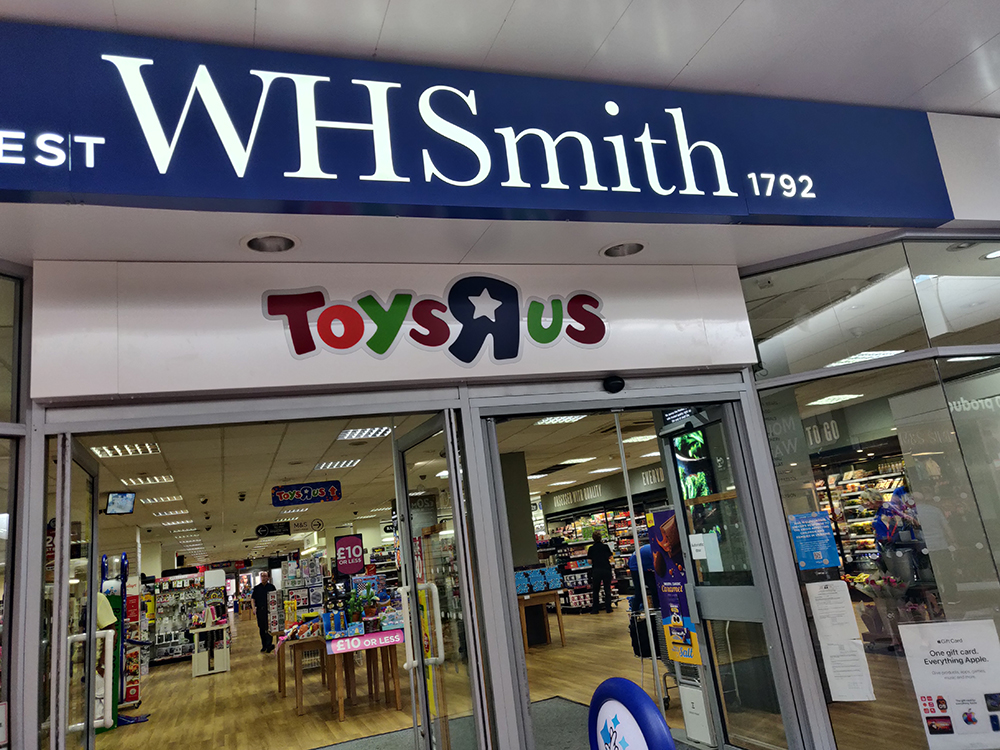// Employers’ groups warn that failure to amend current business rates will affect the UK’s economic ambitions
// Various retailers have warned that failure to take action would put thousands of high street jobs at risk
Employers’ groups representing over a quarter of jobs in Britain have called on Rishi Sunak to cut business rates in the budget later this month to unlock billions of pounds of investment in the economy.
In a joint statement ahead of the chancellor’s post-lockdown budget, the Confederation of British Industry (CBI) and 41 other leading trade groups are demanding fundamental changes to the system, which taxes companies based on their premises.
The trade groups that represent more than 260,000 businesses and 9 million employees between them warned that failure to take action would weigh on the government’s ambition to create a high-wage, high-productivity and high-investment economy.
READ MORE: Retailers demand cut to business rates to avoid “bankruptcies”
The intervention will add to pressure on the chancellor to cut business rates after a series of demands from “red wall” Tory MPs and a proposal from Labour to phase them out entirely.
Businesses are looking for support from Sunak as they face severe headwinds from soaring costs and supply chain issues caused by Covid-19 and Brexit.
The industry groups said the current system served as a tax on investment and could hold back firms from spending on green projects and boosting their operations outside London and large cities.
Their statement urged the chancellor to announce a cut in business rates alongside other reforms to lower the burden on firms, including removing disincentives for green investment.
Under the current system, a company which invests in its physical premises by installing solar panels or heat pumps could add to the value of the building, raising its rateable value and therefore the firm’s tax burden.
The recommendation echoes proposals made by the shadow chancellor, Rachel Reeves, at last month’s Labour conference.
Reeves said that a Labour government would freeze business rates and eventually replace them with a new, undefined system that she said would reward investment, with a particular focus on businesses investing in decarbonisation and green technology.
Labour is seeking to position itself as an ally of business while Boris Johnson’s Tories raise taxes on firms despite soaring costs facing companies and weaker economic growth.
Responding to the CBI statement, Reeves said it was clear the business rates system was no longer fit for purpose.
“It penalises high-street shops in favour of online giants and deters businesses from investing in new green technologies,” she said.
According to the trade associations – which include the British Retail Consortium, UK Hospitality and the Federation of Master Builders – up to 50 per cent of business investment is potentially subject to business rates.
The groups told the chancellor that decisions made this autumn would dictate the shape of Britain’s economic recovery from the pandemic and whether firms could meet ambitious targets to decarbonise the economy.
Sunak is due to conclude years of consultations on the future of the business rates system at the autumn budget, after repeated delays to a fundamental government review.
Several major retailers, including Tesco, B&Q and Waterstones, have warned the government that failure to take action would put thousands of high street jobs at risk, while allowing online giants to avoid paying fair taxes.
With far smaller physical footprints, in cheaper locations outside big city centres, digital retailers pay less in business rates than traditional firms with vast networks of high street stores.
Click here to sign up to Retail Gazette’s free daily email newsletter


















